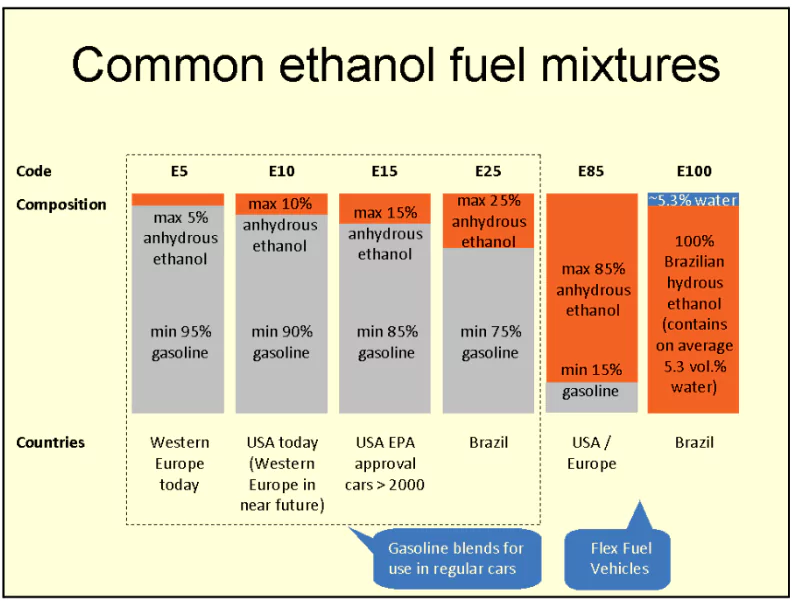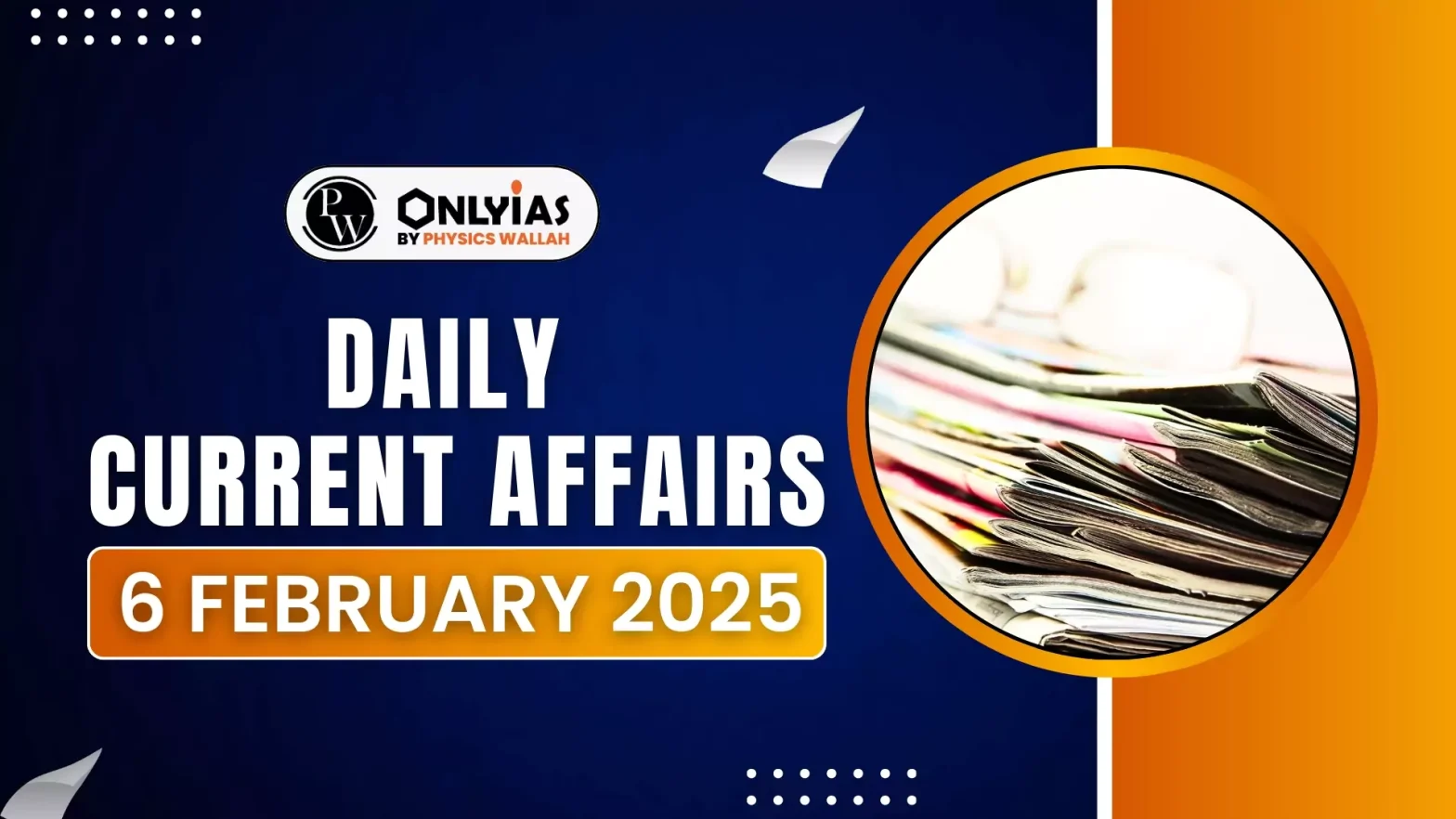Recently, the Union road and highway Minister announced that India will achieve 20% ethanol blending with petrol within the next two months (early 2025).
- The achievement requires the production of nearly 1,100 crore litres of fuel ethanol annually.
What is Ethanol?

- Ethanol is a renewable fuel derived from plant-based materials, collectively known as biomass.
- It is primarily produced through:
- Fermentation of sugars by yeast.
- Petrochemical processes like ethylene hydration.
- Ethanol is widely used, with over 98% of U.S. gasoline containing some amount of ethanol.
- Common Ethanol Blends
- E10: Consists of 10% ethanol and 90% gasoline.
- E85: A higher ethanol blend, used in flex-fuel vehicles.
Enroll now for UPSC Online Course
Uses of Ethanol
- Medical Applications: Used as an antiseptic and disinfectant.
- Industrial Uses:
- Serves as a chemical solvent.
- Plays a role in the synthesis of organic compounds.
- Fuel Alternative: Used as a biofuel, reducing dependence on fossil fuels.
Sources of Ethanol Production
- Primary Feedstocks
- Ethanol production will come from:
- Sugar & high-grade molasses
- FCI rice
- Broken rice
- Maize
- India’s ethanol distillery capacity has increased to 1,600 crore litres, supported by government incentives and market stability.
- Sugar-Based Ethanol Contribution
- 400 crore litres of ethanol is expected from sugar in 2024-25.
- Non-fuel ethanol will be derived from C Heavy molasses, a low-grade byproduct of sugar processing.
- Rice-Based Ethanol Contribution
- The government reduced FCI rice prices for distilleries from ₹28/kg to ₹22.5/kg.
- 110 crore litres of ethanol will be produced from FCI rice in 2024-25.
- Maize-Based Ethanol Contribution
- 400 crore litres of fuel ethanol is expected from maize.
- Dual-feed distilleries have been set up to use both sugar and maize for ethanol production.
Check Out UPSC CSE Books From PW Store
Government Initiatives to Promote Ethanol Production
- National Policy on Biofuels (2018)
- Aims to increase the availability of biofuels.
- Focuses on enhancing blending percentages with conventional fuels.
- Ethanol Blending Program (EBP)
- Targets achieving 20% ethanol blending in petrol by 2025-26.
- PM JI-VAN YOJANA
- Provides financial support for developing second-generation ethanol projects.
- Encourages the use of non-food biomass for ethanol production.
Ready to boost your UPSC 2025 preparation? Join PW’s UPSC online courses today!
![]() 6 Feb 2025
6 Feb 2025

